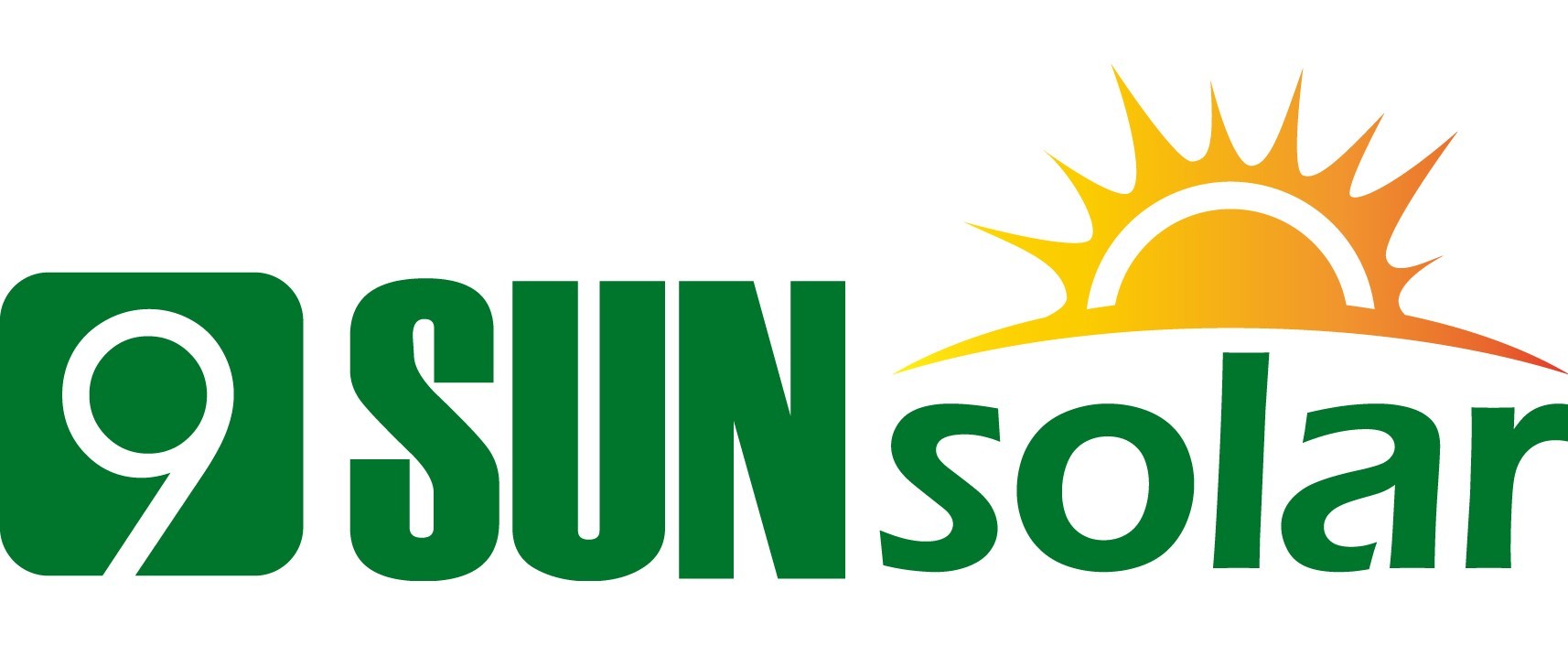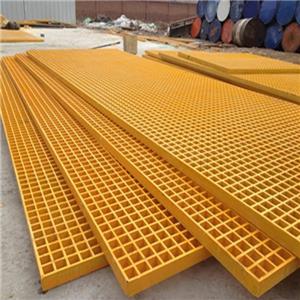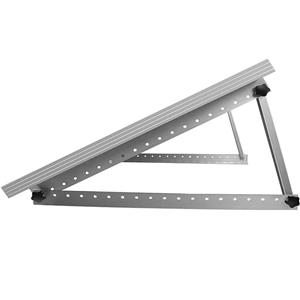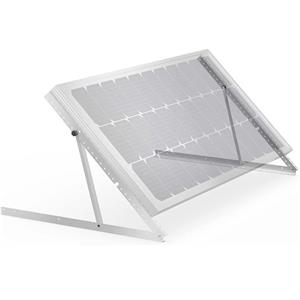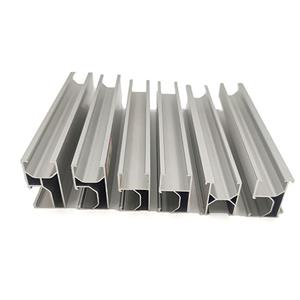Ground-Mounted vs. Rooftop Solar Panels: Which Option Is Best for You?
Ground-Mounted vs. Rooftop Solar Panels: Which Option Is Best for You?
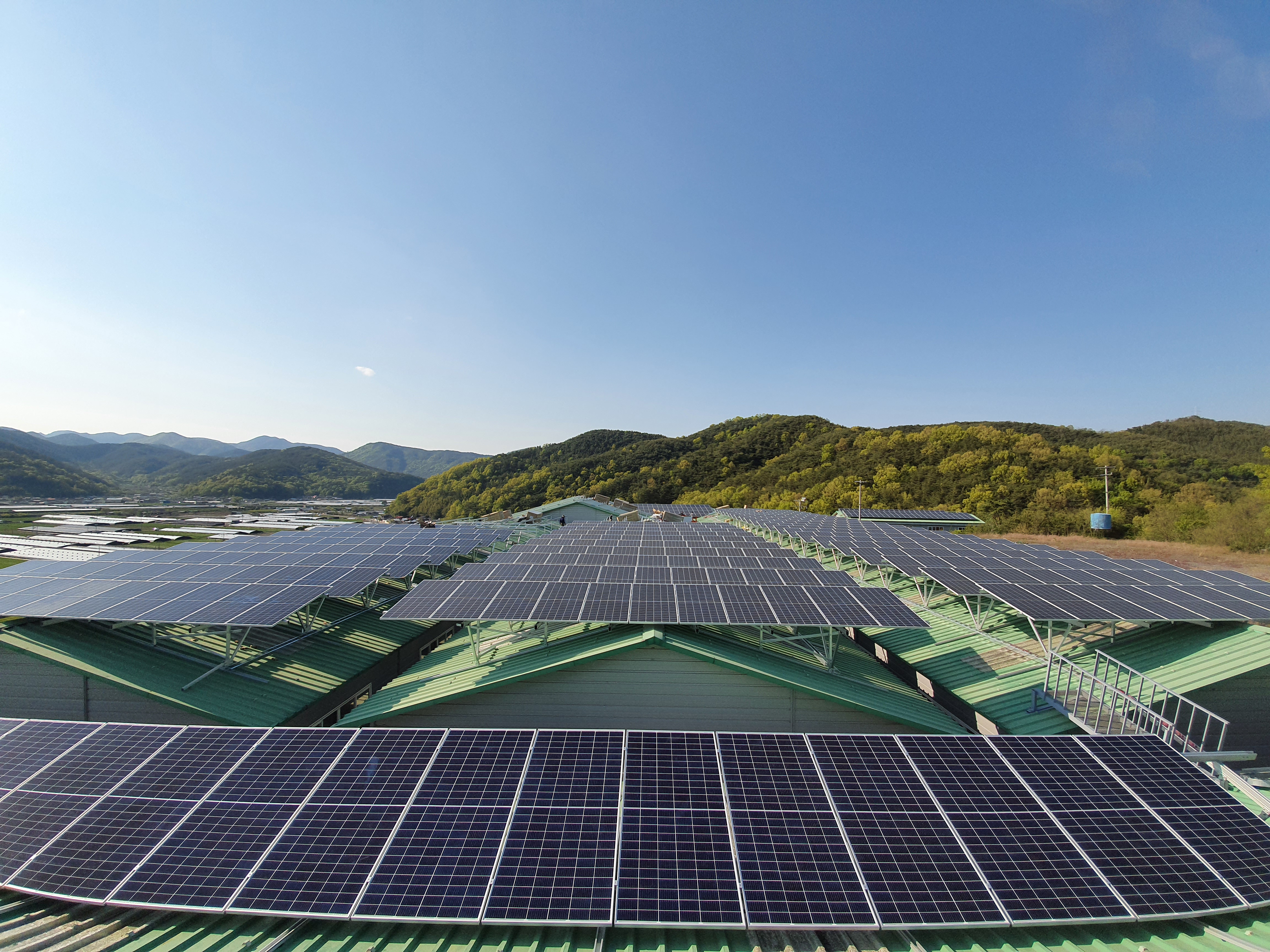
What is Rooftop Solar?
Rooftop solar involves installing solar panels on the roof of a residential or commercial building. Solar panels can be mounted on both flat and pitched roofs using racking systems. The open sky above makes the roof an ideal location for solar panel installation, maximizing exposure to sunlight.
Pros of Rooftop Solar:
Space Efficiency: Rooftop installations maximize available space without taking up any ground area.
Reduced Shading Issues: Roofs typically avoid shading from nearby buildings or trees, helping to optimize the solar panels' performance.
Security: Installing solar panels on the roof can prevent unwanted access and safeguard the panels from theft or vandalism.
Lower Installation Costs: Rooftop systems are generally less expensive and less labor-intensive than ground-mounted systems.
Simplified Licensing: The process for obtaining permits and installing rooftop solar tends to be quicker and easier.
Roof Protection: Solar panels can also act as a shield for your roof, offering protection from rain, snow, wind, and UV rays.
Cons of Rooftop Solar:
Roof Damage Risk: Drilling holes to secure the solar panel brackets may damage the roof, potentially causing leaks.
Maintenance Challenges: Roof repairs or re-roofing may require the removal and reinstallation of the solar panels.
Structural Limitations: Older or structurally weaker roofs may require additional reinforcement to support the added weight of the solar panels.
Fixed Tilt Angle: Roof-mounted panels usually have a fixed tilt, making it difficult to adjust them for optimal sunlight absorption.
Difficult Maintenance: Cleaning and maintaining rooftop panels can be challenging due to their location.
Space Constraints: Limited roof space may restrict the number of panels you can install, and roof shape can further complicate installation, vent placement, and fire safety.
Higher Temperatures: Solar panels on rooftops can become hot, which may reduce their efficiency and overall energy output.
What is Ground-Mounted Solar?
Ground-mounted solar panels are installed on a frame or bracket directly on the ground, typically in an open, sunny area away from obstructions like trees or buildings. This is a good choice if you lack sufficient roof space or want easier access to the panels for maintenance.
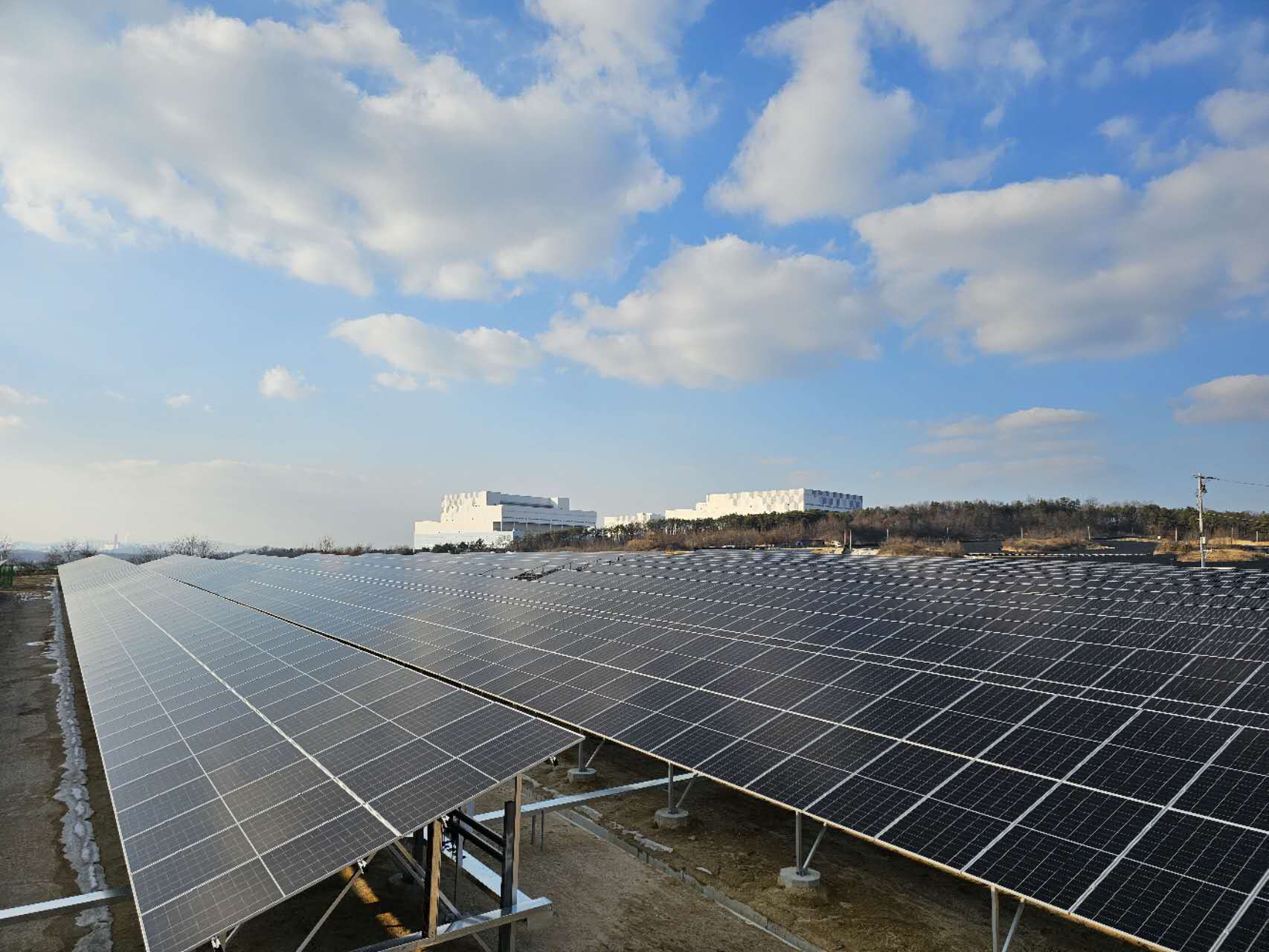
Pros of Ground-Mounted Solar:
Customizable Panel Positioning: Ground-mounted systems allow you to adjust the angle and direction of the panels to maximize sun exposure, particularly useful if your roof doesn't face the ideal direction (usually south).
Easy Installation and Maintenance: There are no roof structures to work around, and maintenance is simpler since the panels are easily accessible.
Better Ventilation: With more space around the panels, ground-mounted systems benefit from improved air circulation, which helps prevent overheating.
Future Expansion: Ground-mounted systems are easier to expand as your energy needs grow, unlike rooftop systems, which are limited by available roof space.
No Roof Damage: Ground installations eliminate the risk of damaging the roof or having to re-install panels when roof repairs are necessary.
Bifacial Solar Panels: Ground systems can accommodate bifacial panels (which capture sunlight on both sides), which may not be feasible for rooftop setups.
Multi-Use Options: You can install ground-mounted panels on structures like carports, sheds, or pergolas, optimizing both energy generation and space usage.
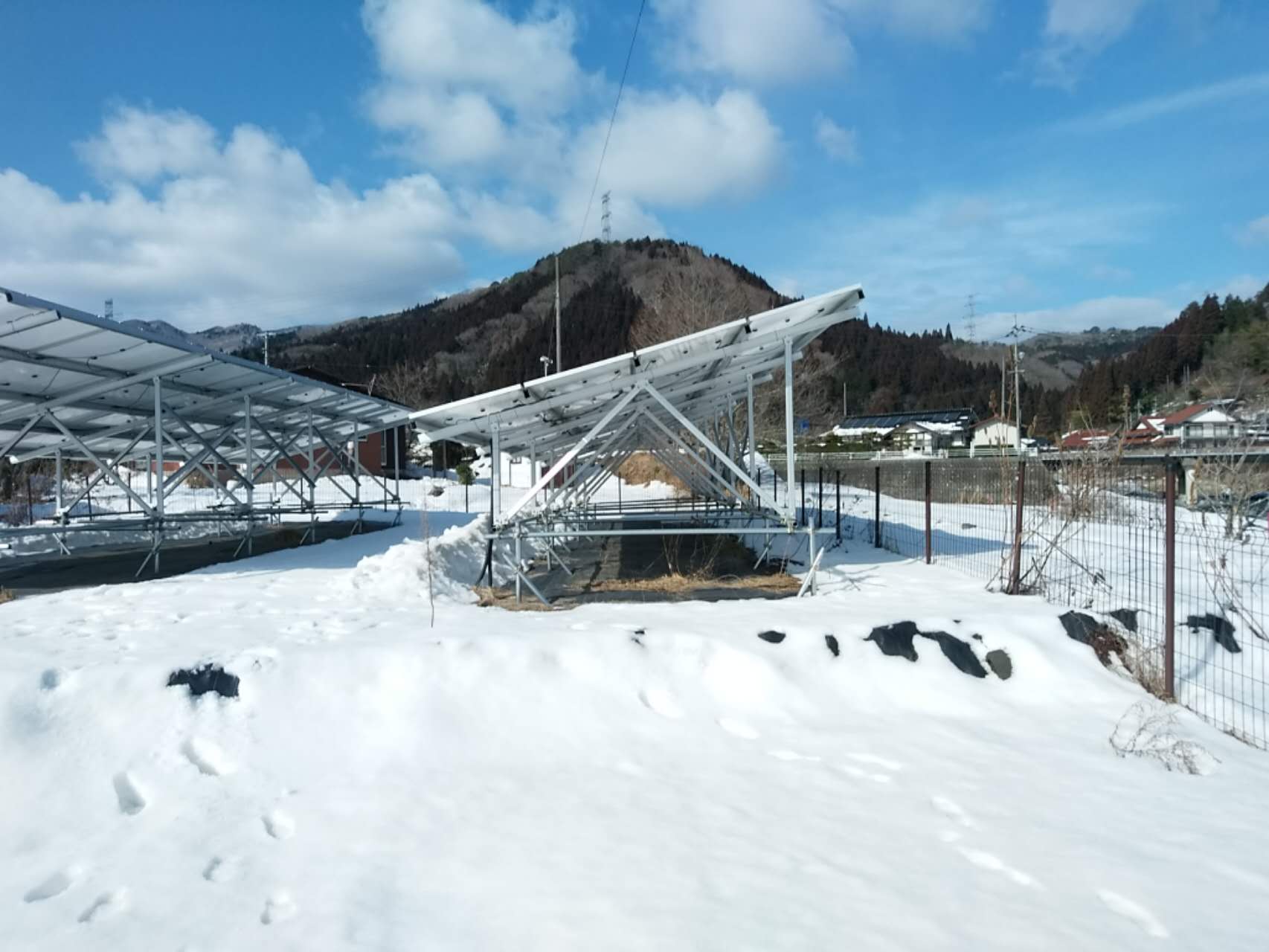
Cons of Ground-Mounted Solar:
Higher Initial Cost: Ground-mounted systems tend to be more expensive upfront due to additional costs for trenching, foundation work, and framing materials. However, these costs may be offset by lower maintenance costs and the convenience of future system expansion.
Security Risks: Ground-mounted systems are more exposed to theft, vandalism, or weather damage because they are often installed in visible outdoor spaces.
Space Usage: Ground installations occupy land, which may impact land use, especially in areas with limited space.
- Industry News
- Company News
- blog
